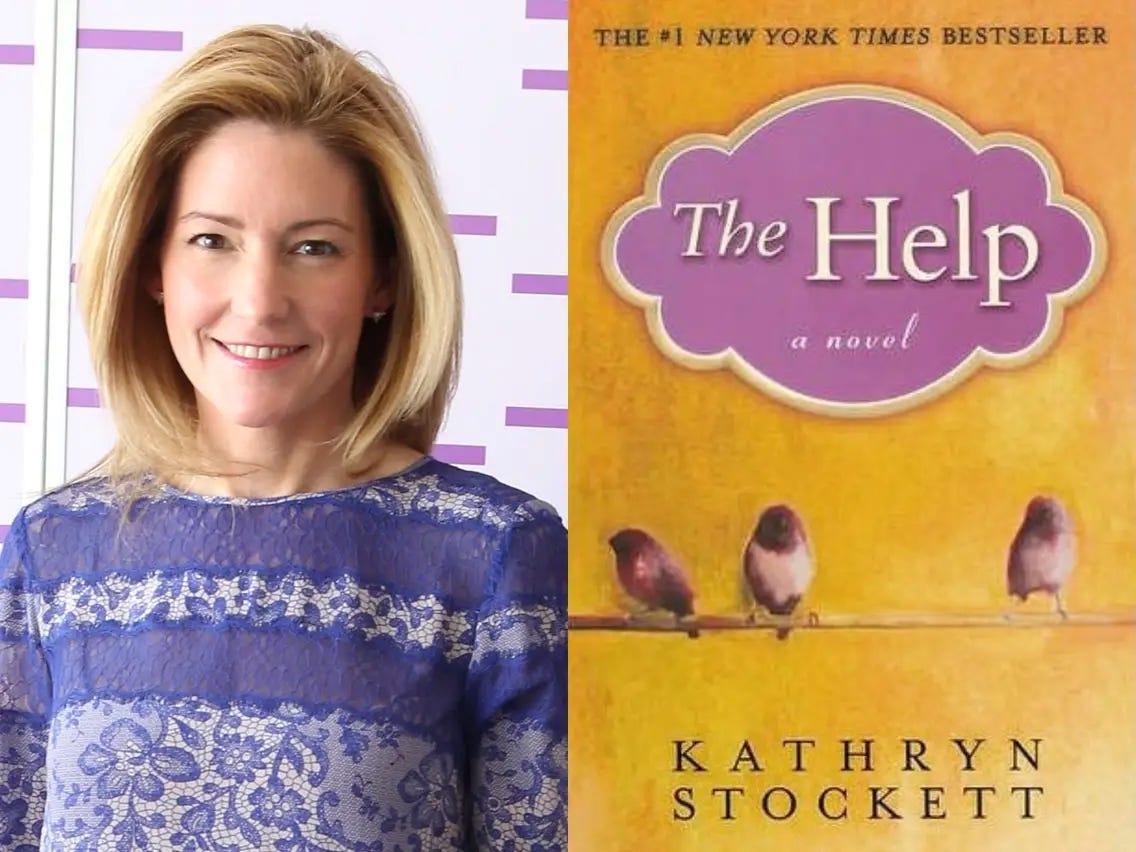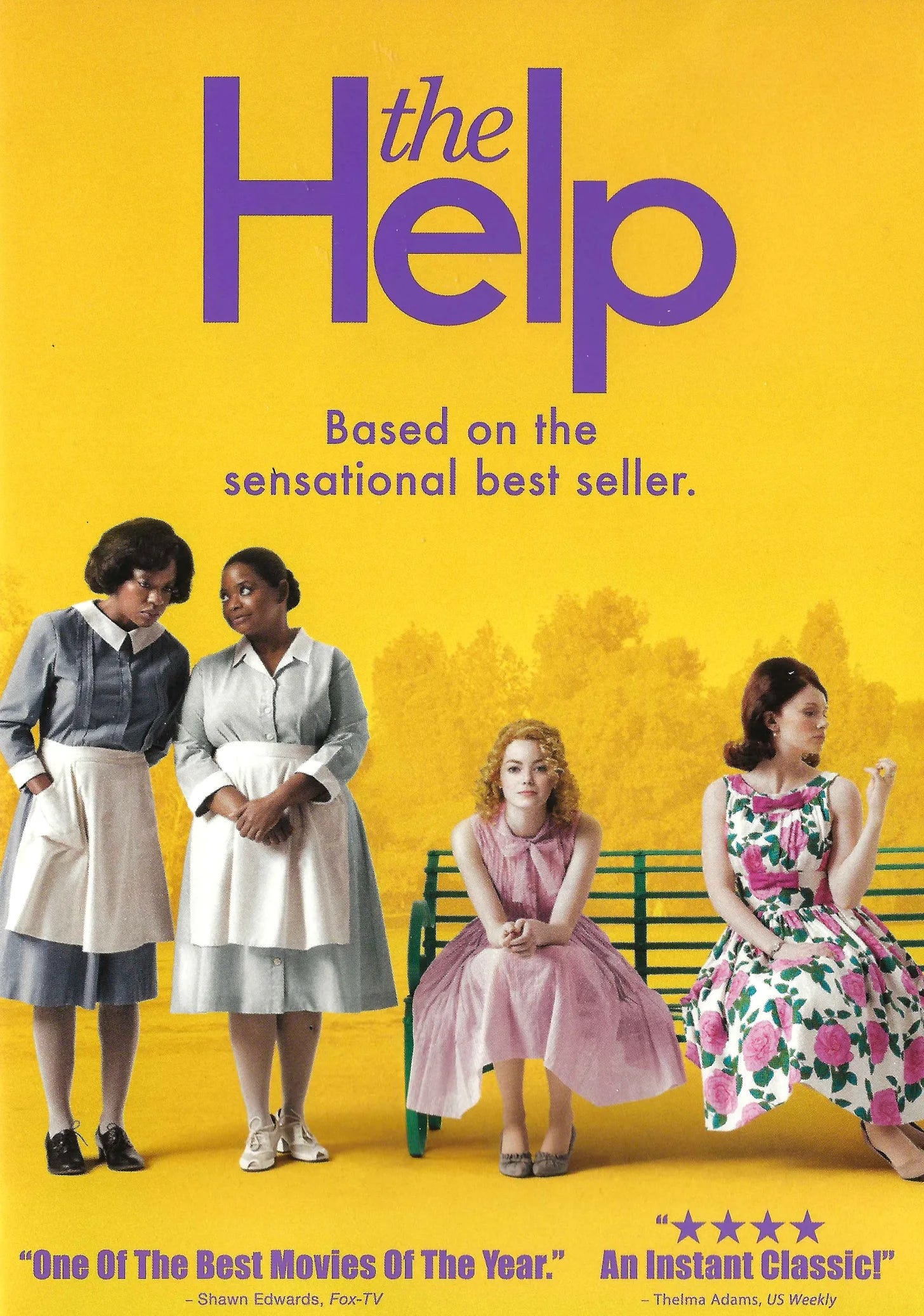The Help (ROUND 2)
Let's workshop poem about white guilt, performative allyship, and the complexities of racial dynamics at watch-party event for the film The Help.
The Help Botoxed ladies with yorkie haircuts cluster around the plasma altar in the living room, desperate to brandish antiracist credentials. Ethnic scarves draped over silicone cleavage despite the absence of “the white-male gaze”; cheeks from the box rosé already flushed the shade their type take on before “dancing” in the runway of mimosa drag brunches until sequined queens smack down grabby hands and literally sit the messes back in their seats— the ladies side-glance their captive token whom each cornered like Kardashian vultures before the film The Help—whether to declare white hair “so inferior”; or to confess how (“and no shade to the hubby”) they feel “unsafe” around white men (“so unsafe, especially with all the school shootings and all the murder of unarmed black men like we’re in lynching times!”); or to reveal “the fucking unbelievably racist bullshit” a “colonizer coworker” said; or to flaunt pics of biracial goddaughters; or to malign the watch-party no-show: “She’s the one who needs to see this film most of all”). Out of respect for the “brave” actresses (“OMG! Octavia Spencer’s so gorgeous! Her skin literally glows. Mine’s so . . . ugh!), and also out of respect for “the black voice here with us” who “deserves the chance to fill our safe space first (while we shut up for once”), the ladies preserve a somber hush (aside from sniffles) well beyond the credits until—after a wait no doubt insufferable for drunken know-it-alls so “dismayed” by “black suffering so often so invisible”— it is clear the queen among them (“silent,” they will later repeat among each other, “due to a deep pain palpable on her face”) finds no problem with them speaking first. Electrified enough by wine and proximity to the exotic to abandon the usual vigilance muzzling their ravenous hunger for pardon, they unload their pity for “people of color,” many of whom (“even many lucky to be in college”) “still need to learn”—if only from them (“To whom much is given,” after all, “much is required”)—“just how oppressed, victimized, helpless they are.”




